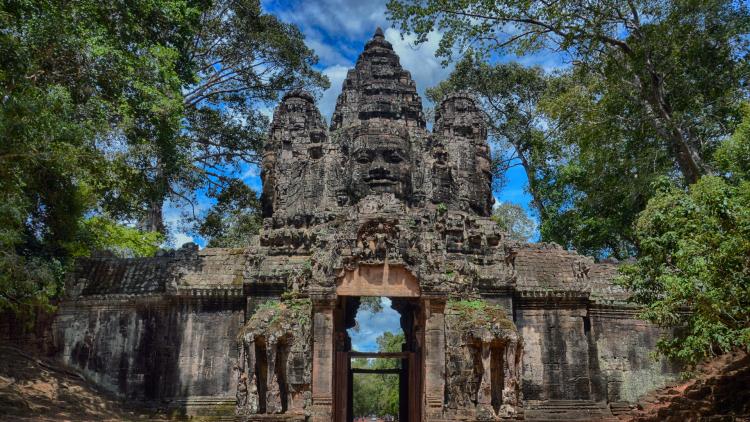H235 Nationalism and Identity in South Asia

Key information
- Start date
- End date
- Year of study
- Year 2 or Year 3
- Duration
- Term 2
- Module code
- 154800321
- FHEQ Level
- 6
- Credits
- 15
- Department
- Department of History
Module overview
This module will explore the political, intellectual and social aspects of anticolonial nationalisms as the people in the territories once ruled by the government of India and the princely states moved towards making new independent nations. We will study the public spheres created through print journalism and political organisations and the identities they engendered. We will look at the emergence of a nationalist 'middle class' and consider why people from certain communities - and regions - came to see themselves as outside of nationalism as it was being defined. We will study the relationship between the nationalist elite, e.g. Gandhi, Nehru, Jinnah, Ambedkar, and the majority of people who participated in one way or another in anticolonialism. Independence and Partition came together in South Asia in the mid-twentieth century. We will examine the great joy that came with being able to create independent nations as well as the great sorrow that accompanied the Partition. A substantial proportion of the course will deal with the postcolonial era. We will look at what it meant to make new national communities, and the politics of ethnic and regional identities that challenged the unitary nation-states. We will consider the enduring inequalities of caste and gender as well as the role of religion and violence in the framing of nationalist identities in the twenty-first century. Gender figures throughout the module.
Objectives and learning outcomes of the module
- gain a broad understanding and knowledge of the social, intellectual, and political history of nationalism in South Asia and responses to it;
- understand the historical controversies of this period;
- write critical, well-structured, well-researched and persuasive essays;
- think critically about the present.
Scope and syllabus
- Introduction
- New Elites
- Gandhi and Mass Nationalism
- Communists and Peasants
- Untouchables and Nationalism
- Partition: Politics and Experience
- The Early Years of Independence
- Ethnic and Regional Identities
- Caste and Gender Violence
- Religion and Nationalism
Method of assessment
- Source Analysis of 1,500 words, worth 40% of the module
- Essay 2,000 words, worth 60% of the module
Convenor
Disclaimer
Important notice regarding changes to programmes and modules
